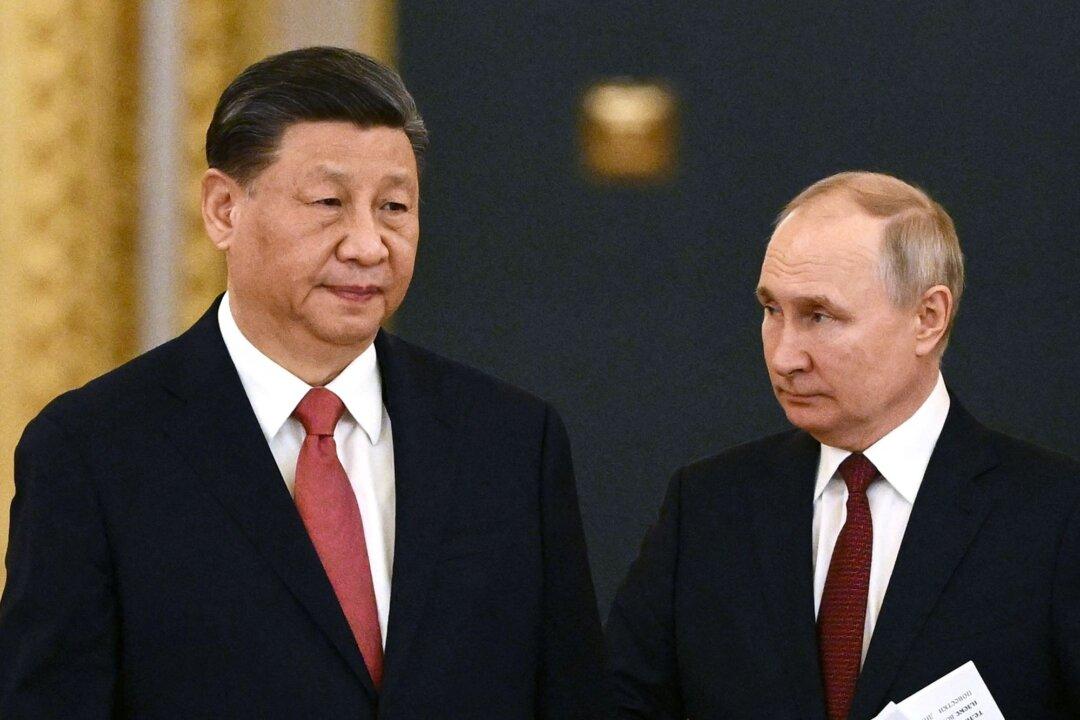Commentary
The takeaway from a flurry of high-level meetings is that Chinese Communist Party (CCP) leader Xi Jinping is happy to work with any country willing to let Beijing rewrite the international order.

The takeaway from a flurry of high-level meetings is that Chinese Communist Party (CCP) leader Xi Jinping is happy to work with any country willing to let Beijing rewrite the international order.